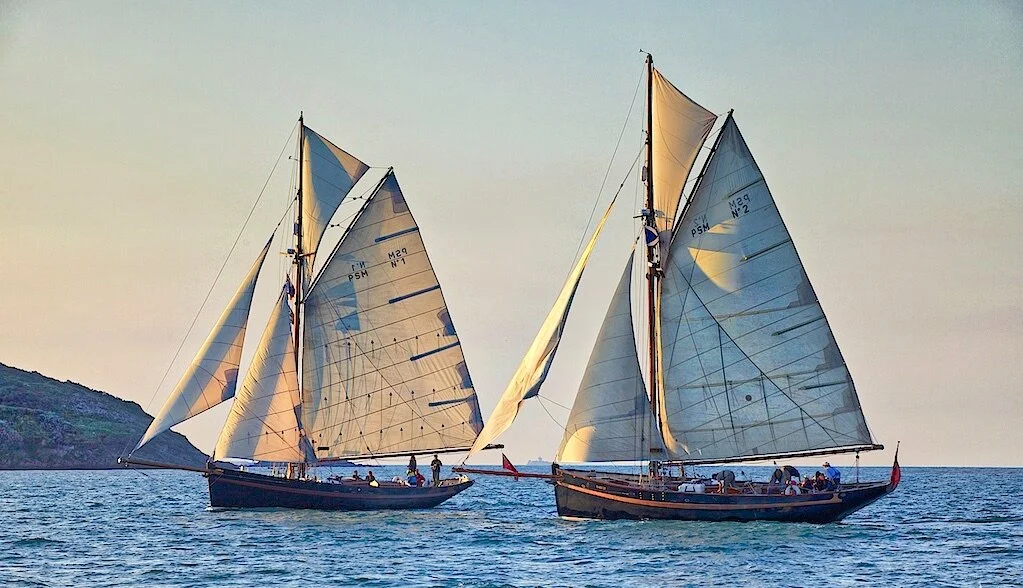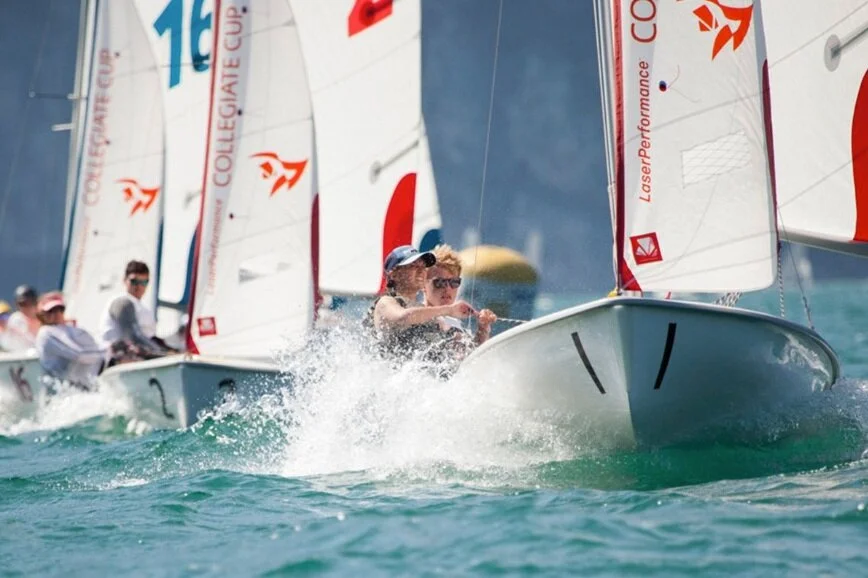What’s the difference between an exciting international trip and a challenging international adventure? Short answer: the latter provides a real sense of accomplishment—and the resulting self-esteem that accomplishment delivers. We understand that some people now conflate self-esteem with a narcissistic “self-terrificness” and view it as an undesirable privileged attitude. But we would argue that self-terrificness is, in fact, a symptom of low self-esteem. We use it in the sense or “self-worth,” of confidence in your ability to be able to reach ambitious goals if you put forth the effort. Several years ago, the famous American TV newsmagazine “60 Minutes” ran a piece on St. Benedict’s, an inner-city school in Newark, New Jersey. (For those of you not familiar with American geography, Newark is located just outside of New York City. It struggles with a high poverty rate [almost thirty percent] and underperforming public [city-run] schools.)
St. Benedict’s is a remarkable outlier. It graduates ninety-eight percent of its students, and eighty-five percent go on to earn undergraduate degrees. Wow! Two things jump out about the school’s unique educational program: 1) Students actually “run” the school (frequently making and learning from mistakes in the process) and 2) upperclassmen (the upper school admits boys only) lead all new students on an ambitious expedition along the Appalachian Trail every spring.
So how important is that strenuous outdoor adventure? Here’s one teacher’s assessment:
“It is probably THE most important thing we do…above and beyond the academics…. Every school in the country should find some way to get their kids out in nature to realize there’s something bigger than you.”
From the “60 Minutes” transcript:
“60 Minutes” correspondent Scott Pelley: … Street smarts won't carry you far on the Appalachian Trail.
Headmaster Edwin Leahy: It's the only class in school that a 98 is a failing grade ‘cause if you only get 98 percent of the way down the trail, you didn't get to the bus to bring you back home.
Scott Pelley: In [second-year student] Devionne's group, one classmate decided "98 percent" was all he had.
—"You gotta keep pushing bro."
St. Benedict’s upperclassman Devionne Johnson: So I said, You're not gonna quit in front of the camera. These are—this is “60 Minutes.” Don't quit, keep going. So eventually we finally make it up this mountain. And I was so relieved.
Scott Pelley: At the summit, they caught a breathtaking view of character. [Emphasis ours]”
You can read the complete transcript, here. And you can watch a short documentary on St. Benedict’s annual five-day expedition along the AT, below.
“A Breathtaking View of Character “
St. Benedict’s outdoor expeditions involve small-group hiking along the Appalachian Trail. And practically everything you’ll hear about their wilderness program could be said of our small-group sailing expeditions. Everybody with teenagers should watch this. It’s only 14 minutes long.
At the ELS, we also let our crew members take practically all the decisions; they effectively run the courses, including the navigating. We constantly stress teamwork and shared responsibility to other crew mates. And when we sail back into port at the end of a course, we, too, see character breaking through. The satisfaction of impressive accomplishment coupled with a new-found personal agency works wonders just about every time.
So it turns out there’s quite a difference between taking an educational trip and embarking on an epic outdoor challenge, whether hiking or sailing or something else. In fact, there’s really little comparison when it comes to a transformative experience.



















